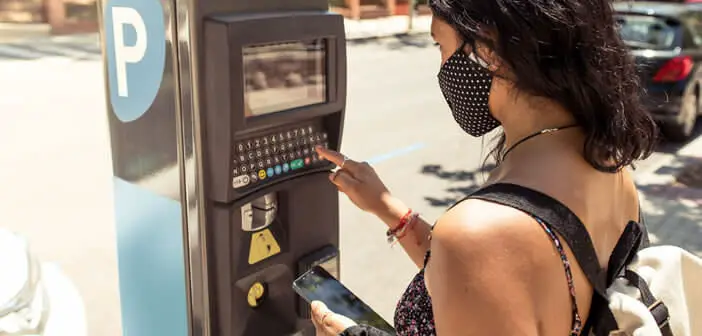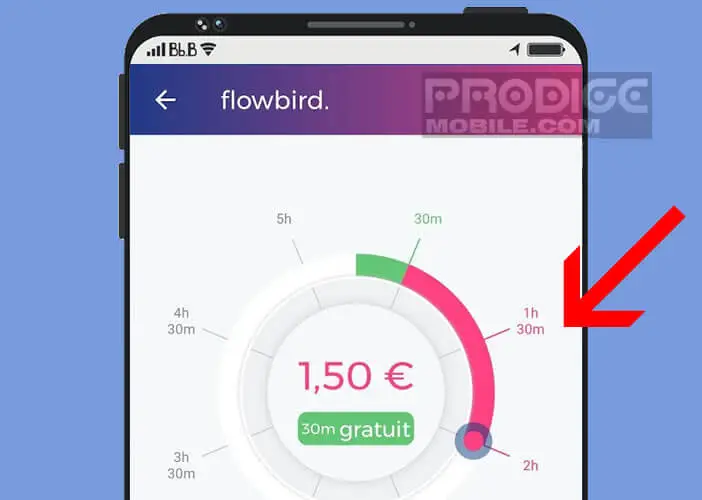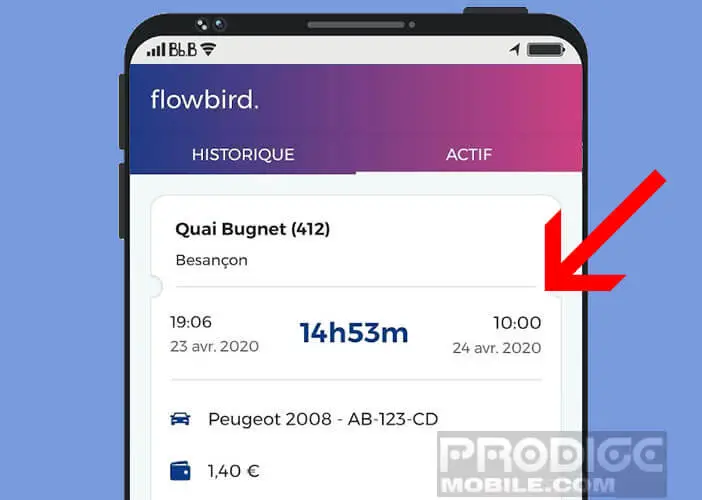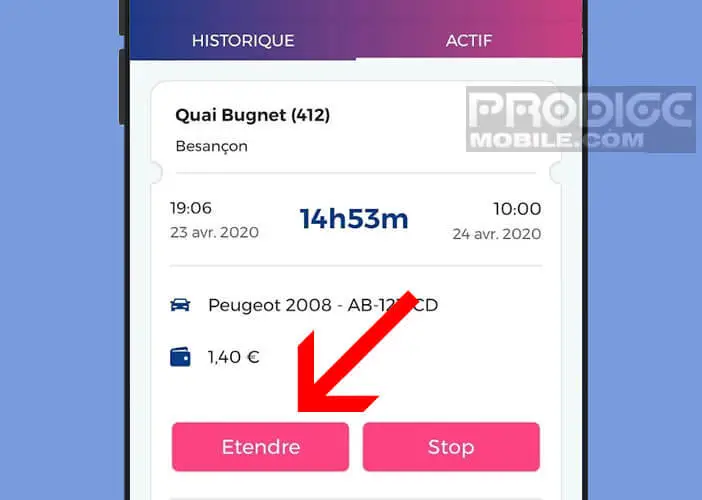
It will not have escaped your notice that the price of tickets for non-payment of parking has continued to increase in recent years. In some areas, the fine for paid parking is 75 euros. The good news is that it is now possible to pay for your parking ticket remotely using a simple smartphone..
Parking enters the digital age
Car parking prices on the streets of major cities in France have increased dramatically. In some areas of Paris, it will now cost you 6 euros for one hour of parking.
But that's not all. The price of tickets is also increasing. It is therefore better not to forget to adjust or renew your parking meter. However, all is not so gloomy for motorists. Municipalities have made progress, particularly in paying for parking..
Indeed, more and more cities now offer to pay for parking tickets via a mobile application. To benefit from this service, all you have to do is download the app and then create an account indicating your last name, first name, vehicle license plate and add a means of payment, namely your bank card number. .
Once parked, all you have to do is launch the application, choose the corresponding zone and indicate the desired parking time. And that's all. Forget the ticket to affix on the dashboard near the windshield..
With the switch to all digital, the registration number entered in the application will serve as proof of payment. It will verify that the vehicle has the rights to park at this location.
You will no longer have to run in the streets to the parking meter to extend your parking time. The operation can be carried out wherever you are directly from your smartphone.
Note that most applications offer an option to receive an alert or notification 5 minutes before the end of the authorized parking period. This should be useful for people who are dizzy. For those interested, know that Google Maps can help you find the parking space of your car.
Pay for remote parking
The risk of a fine if the parking time is exceeded is increasing. The new automatic control systems put into circulation in recent years are proving to be much more effective than public highway surveillance agents (ASVP).
According to a study carried out a few years ago, a car equipped with two cameras on the roof is able to check almost 1,500 vehicles per hour while a contract agent can only check 200 license plates in the same one. time lapse.
It then becomes very difficult to pass through the cracks of the net. Better to pay the parking meter. In this guide, we'll explain how to remotely pay for your parking ticket. We used the Flowbird application in our example but there are many others like PayByPhone or ParkNow.
- Launch the Play Store virtual store on your phone
- Download the Flowbird application accessible at this address
- During the first launch you will be asked to create an account and enter an email address and a phone number
- You can also (if you wish) log in using your Facebook account
- Then save your credit card payment information
- Add your vehicle's license plate
- Check that the GPS location on your phone is activated
- Once parked, the application will automatically recognize your position thanks to your phone's GPS signal
- The app will then tell you if the city you are in use the Flowbird payment system. You can find the full list of cities that support the Flowbird app in this link
- Select the time during which you want to stay in this parking space

- Confirm your address
- Confirm payment
- You will find all of your virtual tickets (past or current) and the summary of your transactions in the ticket tab

- The payment is automatically sent to the people in charge of the parking controls
- You will then receive a notification on your smartphone when the parking time has expired.
Obviously one of the great advantages of this payment system is the possibility of extending your parking time without having to travel. To do this, all you have to do is launch the application, select the Extend section and add the desired parking time. 
Note that the Flowbird service is free for users. The municipalities bear the costs associated with its use. The prices offered on the application are therefore identical to those available on the parking meter.